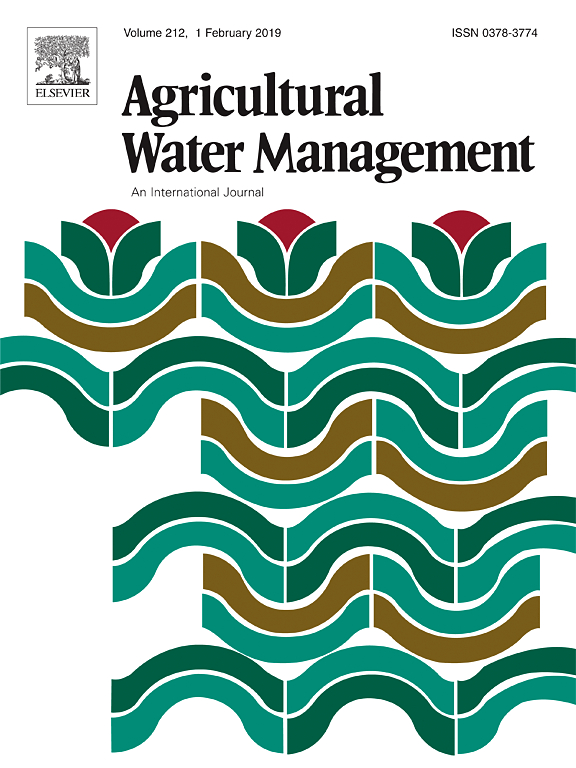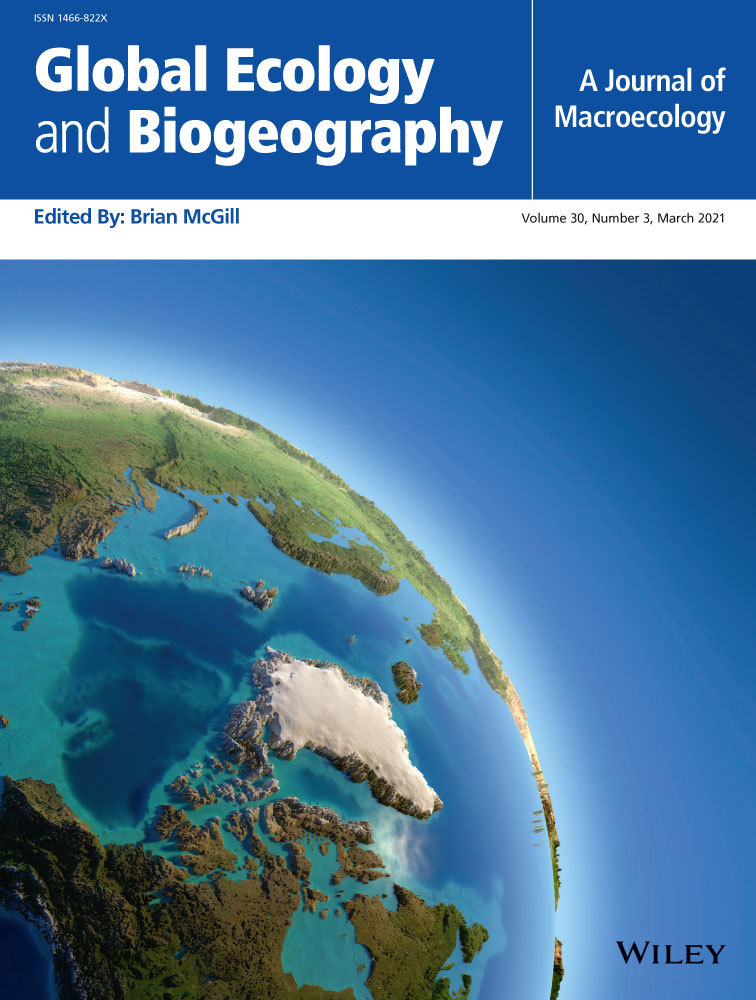Tree root systems stabilize hillslopes and riverbanks, reducing landslide risk, but related data for the humid tropics are scarce. We tested fractal allometry hypotheses on differences in the vertical and horizontal distribution of roots of trees commonly found in agroforestry systems and on shear strength of soil in relation to root length density in the topsoil. Proximal roots of 685 trees (55 species; 4–20 cm stem diameter at breast height, dbh) were observed across six landscapes in Indonesia. The Index of Root Anchoring (IRA) and the Index of Root Binding (IRB) were calculated as ΣDv2/dbh2 and as ΣDh2/dbh2, respectively, where Dv and Dh are the diameters of vertical (angle > 45°) and horizontal (angle < 45°) proximal roots. High IRA values (>1.0) were observed in coffee and several common shade trees. Common fruit trees in coffee agroforestry had low medium values, indicating modest ‘soil anchoring’. Where root length density (Lrv) in the topsoil is less than 10 km m−3 shear strength largely depends on texture; for Lrv > 10 shear strength was >1.5 kg m−2 at the texture tested. In conclusion, a mix of tree species with deep roots and grasses with intense fine roots provides the highest hillslope and riverbank stability.
DOI:
https://doi.org/10.3390/land9080256
Altmetric score:
Dimensions Citation Count:
























